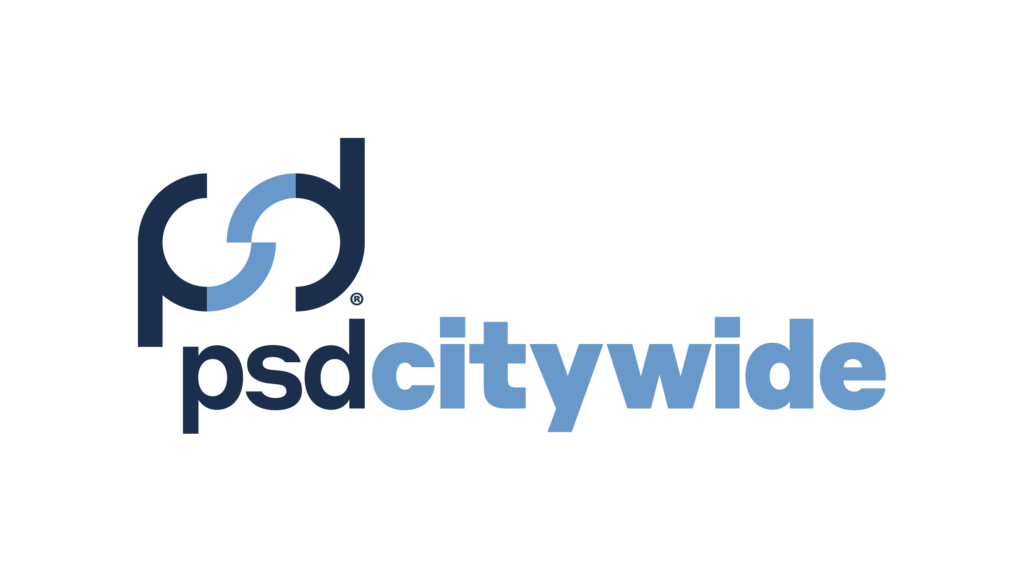The COVID-19 pandemic has and continues to greatly impact Canadians in various and numerous ways, especially in terms of job and economic security; what began as a health crisis, quickly transformed into a financial crisis as well. All levels of government in Canada have been vigilant in their efforts to respond to and address the public and economy’s needs in the face of this unprecedented crisis, having to make difficult decisions on tight time frames with information that is constantly changing – all whilst keeping the safety of the public top-of-mind.
The pandemic has led to budgetary constraints that all levels of government have had to adapt to. Unfortunately, as stated in every provincial and territorial Municipal Act, municipal governments are not allowed to run into budget deficits, unlike federal and provincial governments. Even more, municipalities are also faced with diminishing revenue from property tax deferrals (property tax is the primary revenue source for municipal governments across Canada). As a result, local governments are forced to make cuts to essential programs and services.
Effectively, the management of essential assets, such as public transportation, roads, parks and recreational facilities, has been gravely impacted by this pandemic. Ensuring that municipal assets are maintained and managed efficiently to ensure cost-savings for local governments is imperative during this time.
One of the fundamental steps in maintaining and managing assets effectively is through community-based data analysis and quality assurance. Data provides the groundwork for decision-making processes – the accuracy, completeness, validity and relevance of data is crucial to effectively analyze trends and forecast accurate infrastructure investments and projects.
The pandemic has proven how important accurate data is during the decision-making process. As discussed in the article, “Running a City During a Pandemic” from the May-June issue of Public Sector Digest, Chief Administrative Officers and City Managers have been grappling with decision-making surrounding the delivery of essential services with limited details and consistently changing information.
COVID-19 is a complex phenomenon with many unknown variables and the impact it will have on society is still unknown. For these reasons, it is essential that we all come together and share our knowledge to better understand and respond to the challenges that will continue to ensue.
A participatory approach to decision-making is one that involves all key stakeholders. In particular, citizens offer vital knowledge-sharing opportunities. For example, residents in different areas of a community observe varying forms and levels of adherence, such as observance of how physical distancing measures are being followed across communities or differing levels of access to personal protective equipment (PPE) in grocery stores. Citizens are looking for a convenient way to convey this information to their local officials that is simple and isn’t as time-consuming as calling a 311 number and having to wait for an operator to listen to your request, which can be both tedious and possibly lead to inaccuracies.
Advantages of Community-Based Data Collection
Governments are often looking for ways in which they can engage the public and incorporate their insights into the decision-making process. Community-based data collection is one approach. In the geospatial world, this is often referred to as volunteered geographic information (VGI), which is also a form of citizen science or crowdsourcing, where spatial data is voluntarily created by individuals outside of the organizational framework.
There is some skepticism surrounding the utilization of local knowledge as a way to collect key information due to issues regarding the validity and credibility of data that is being created by the public. However, there are numerous success stories of community-based data in which VGI has helped generate useful results. One of the best-known examples is the platform OpenStreetMap which relies on user contributions, be it from local knowledge or based on the digitization of features from aerial imagery.
Community-based data collection is also cost-effective as it allows government employees to focus their attention on high-priority tasks. Also, additional employees or contractors will not have to be deployed into the field to collect information, diminishing the risk of field workers exposing themselves and possibly contracting COVID-19.
Community-Based Data Collection Tools
There are multiple tools that have been disseminated in order to collect data from the public, some of which are free of cost. The data collected using these tools can then be transformed and utilized for analytic purposes in a seamless manner.
ODK Collect (which is part of the OpenDataKit) is an excellent example of an open-source tool that can be used to collect, manage and utilize data and is typically used in resource-constrained environments. An organization can use this tool to create customized forms with multiple question types and the forms can be accessed even without network connectivity. Despite its customization and connectivity, ODK Collect is only available on Android and does not seem to be a mature application compared to other data collection tools that are available.
Google Forms is another tool which is free of cost and is similar to ODK Collect despite organizations tending to use this tool solely to collect non-spatial qualitative and quantitative data. Similar to ODK Collect, organizations can create customized forms with various question and answer types and can subsequently deploy these forms out to anyone who has access to it. Unfortunately, Google Forms does not work offline or have a designated mobile application at the moment which in effect results in accessibility constraints.
Purpose-built applications are also available to local governments to procure, such as the Citywide Portal (CRP) – an extension of PSD Citywide’s computerized maintenance management system (CMMS), Citywide Maintenance. CRP allows municipalities to create a custom form for citizens to fill out if they would like to report an issue in their municipality.
Successful implementation of this Citywide Portal can be seen with the Town of LaSalle, Ontario who implemented the Citywide Portal last year. Linked to Citywide Maintenance, citizens can report an issue based on a category that the issue falls into, which is then subsequently recorded as a new service request.
For many municipalities already using a citizen request tool, adding a Service Request Type for COVID-19-related issues would allow them to replace their current 311 system as CRP is much more convenient, and user-friendly and has been proven to improve customer service by resolving issues faster. Citizens will be able to report lack of access to PPE or lack of adherence to mandated social distancing measures easily and efficiently through the portal.
Examples of Community-Based Data Collection Being Utilized in the COVID-19
There are a number of ways in which community-based data collection has been utilized thus far during the COVID-19 pandemic. Local governments can look to these examples in order to obtain ideas on these processes and replicate them in a way that aids their COVID-19 recovery efforts.
Statistics Canada has been sharing surveys with the public during the duration of this pandemic on a range of topics in order to determine the impacts that the virus has had on society. After the data has been collected from the public, Statistics Canada shares the information with the public once they have derived trends from the analysis they’ve conducted on those sets of data. These surveys have proved to be a way in which governments can work towards solving problems that have been brought to light.
What’s in stock! is a platform that was developed during the pandemic by Rob Feick, a professor with the School of Planning, Majid Hojati, a PhD student with the Waterloo-Laurier Graduate Geography program, and Colin Robertson, a professor at Wilfrid Laurier, as a result of the on-going issues associated with grocery shopping at a time when physical distancing measures have been put in place across Canada. The app relies on crowdsourcing and requires grocery shoppers to share information regarding wait times to enter grocery stores, senior hours and stock levels of essential items to inform other shoppers about the status of grocery stores before they visit.
Conclusion
The COVID-19 pandemic has become one of the most unprecedented events of our time, resulting in every level of government having to make important decisions with a lack of data and limited resources. The role and need for community-based data collection to improve decision-making processes has become all the more evident. Through the utilization of existing data collection tools, such as ODK Collect, Google Forms, and the Citywide Portal, community-based data collection has the ability to aid local governments with their COVID-19 recovery effort as we continue moving forward in these uncertain times.
IFFAT DAMJI has a Bachelor’s Degree in Environmental Studies from the University of Waterloo where she majored in Geomatics and minored in Political Science. She also has a post-graduate certificate in International Development from Centennial College. Iffat has previously worked for the Ministry of Transportation Ontario and the Regional Municipality of York where she gained extensive knowledge and skills in asset management and data analysis.



